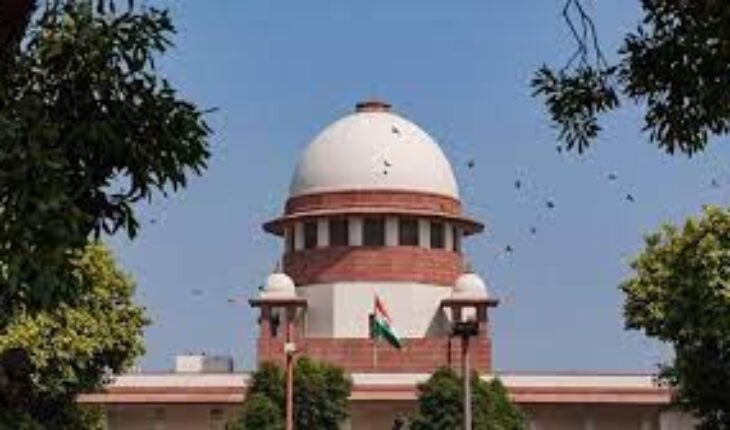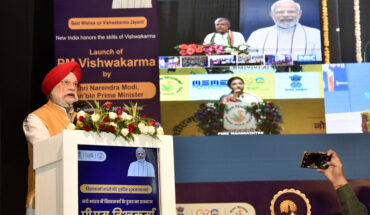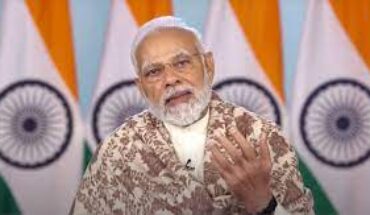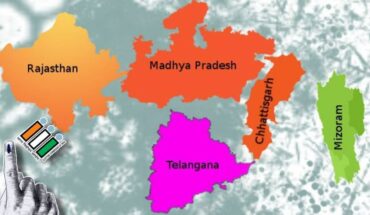New Delhi : The Supreme Court on February 16 gave its verdict on the petitions challenging the validity of the electoral bond scheme. The Supreme Court has banned the electoral bond scheme, terming it unconstitutional. Giving a unanimous decision, the CJI said that SBI will have to make the information public from April 12, 2019. SBI will have to give this information to the EC and the Election Commission will share this information.
Chief Justice DY Chandrachud said that there are two separate but unanimous decisions. While banning the electoral bond scheme, the Supreme Court said that anonymous electoral bonds are a violation of the right to information and freedom of expression guaranteed by the Constitution. CJI Chandrachud said that the fundamental right to privacy of citizens also includes the right to political privacy and association.
In fact, in November last year, a Constitution bench of 5 judges headed by CJI DY Chandrachud had heard this matter. The bench comprised Justice Sanjeev Khanna, B.R. Gavai, J.B. The division bench of Justice Pardiwala and Justice Manoj Mishra had reserved its decision in the case after hearing the arguments for three consecutive days. The petitioners had argued before the top court that the electoral bond scheme violates citizens’ fundamental right to information under Article 19(1), enables backdoor lobbying and promotes corruption. Also, it eliminates the level playing field for opposition political parties.
Responding to the challenge, Solicitor General Tushar Mehta had argued that the objective of this scheme is to reduce cash in the electoral process. S-G Mehta stressed that even the Central Government cannot know the details of donations made through electoral bonds. He had placed on record a letter signed by the SBI chairman saying that the details cannot be accessed without a court order.
During the hearing, CJI Chandrachud had said that there are five important considerations:
‘1. The need to reduce the cash element in the electoral process.
2. The need to encourage the use of authorized banking channels.
3. The need to encourage the use of banking channels by confidentiality. 4. Transparency.
5. Legalization of bribery.’
Apart from this, the CJI had commented that this scheme should not become a legalization of bribery and vendetta between the centers of power and the people well-wishers of that power.





